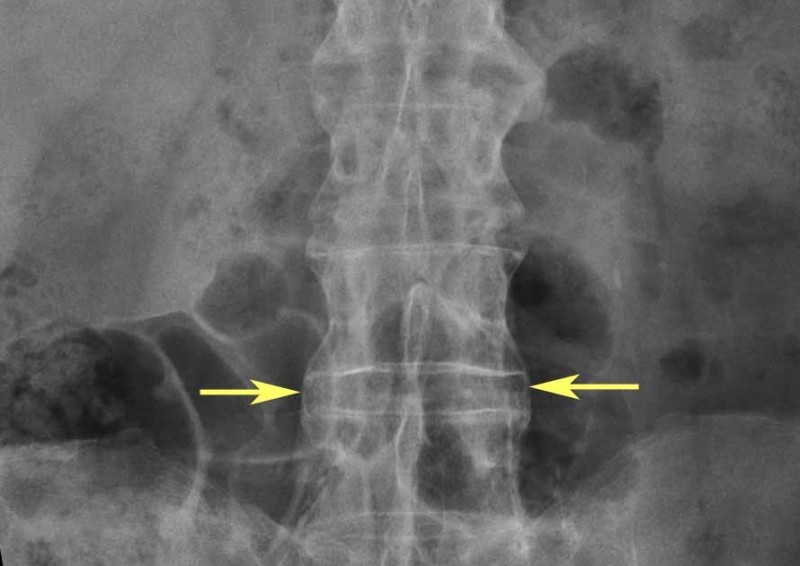In the realm of musculoskeletal health, spondylitis is a condition that demands thoughtful care and management. For individuals grappling with the challenges of spondylitis, following a doctor's guidance is pivotal. Let's delve into the comprehensive recommendations that doctors typically provide to ensure effective spondylitis care.
1. Spondylitis
Spondylitis, an inflammatory form of arthritis, targets the spine and adjacent joints. It often causes pain, stiffness, and reduced mobility. Early intervention and adherence to medical advice are crucial.
2. Accurate Diagnosis
- Thorough Medical History: Doctors initiate by understanding the patient's history, assessing symptoms, and pinpointing potential triggers.
- Diagnostic Tests: X-rays, MRI scans, and blood tests aid in confirming spondylitis and its severity.
3. Tailored Treatment Plans
- Medications: Nonsteroidal anti-inflammatory drugs (NSAIDs), disease-modifying antirheumatic drugs (DMARDs), and biologics are prescribed based on individual needs.
- Physical Therapy: Customized exercise routines improve flexibility, strengthen muscles, and enhance posture.
4. Lifestyle Modifications
- Healthy Diet: Doctors emphasize an anti-inflammatory diet rich in fruits, vegetables, and omega-3 fatty acids.
- Weight Management: Maintaining a healthy weight minimizes stress on the spine.
5. Pain Management Strategies
- Heat and Cold Therapy: Application of heat or cold reduces pain and inflammation.
- Transcutaneous Electrical Nerve Stimulation (TENS): This technique involves mild electrical currents to alleviate pain signals.
6. Assistive Devices
- Orthotics: Shoe inserts provide support and reduce strain on the spine.
- Braces: Supportive braces enhance stability and posture.
7. Psychological Support
- Counseling: Coping with chronic pain is addressed through counseling or therapy.
- Support Groups: Connecting with others facing similar challenges offers emotional support.
8. Regular Follow-ups
- Monitoring Progress: Doctors track the effectiveness of the treatment plan.
- Adjustments: Treatment plans are adjusted based on patient response.
9. Preventive Measures
- Ergonomic Practices: Guidance on proper posture during work and daily activities.
- Avoidance of Triggers: Identifying and avoiding activities that exacerbate symptoms.
10. Surgery as a Last Resort
- Consideration: Surgery is explored if conservative approaches are insufficient.
- Types of Surgery: Spinal fusion and joint replacements are options to address severe cases.
11. Holistic Approaches
- Yoga and Meditation: Stress reduction techniques complement medical interventions.
- Acupuncture: Some individuals find relief through acupuncture sessions.
12. Maintaining Emotional Well-being
- Open Communication: Patients are encouraged to discuss challenges and concerns.
- Mental Health Support: Addressing anxiety and depression through therapy if needed.
13. Staying Informed
- Educational Resources: Doctors provide access to reliable information about spondylitis management.
- Research Updates: Patients are informed about emerging treatments and studies.
Spondylitis care is a collaborative journey between patients and healthcare professionals. By adhering to a doctor's recommendations and adopting a holistic approach, individuals can manage symptoms and lead fulfilling lives.
Sprouts: Nutritional Heroes or Silent Health Hazards?
Say Goodbye to Constipation: The Magic of Papaya
Platelet-Enhancing Diet: What to Eat When Facing Dengue and Malaria
